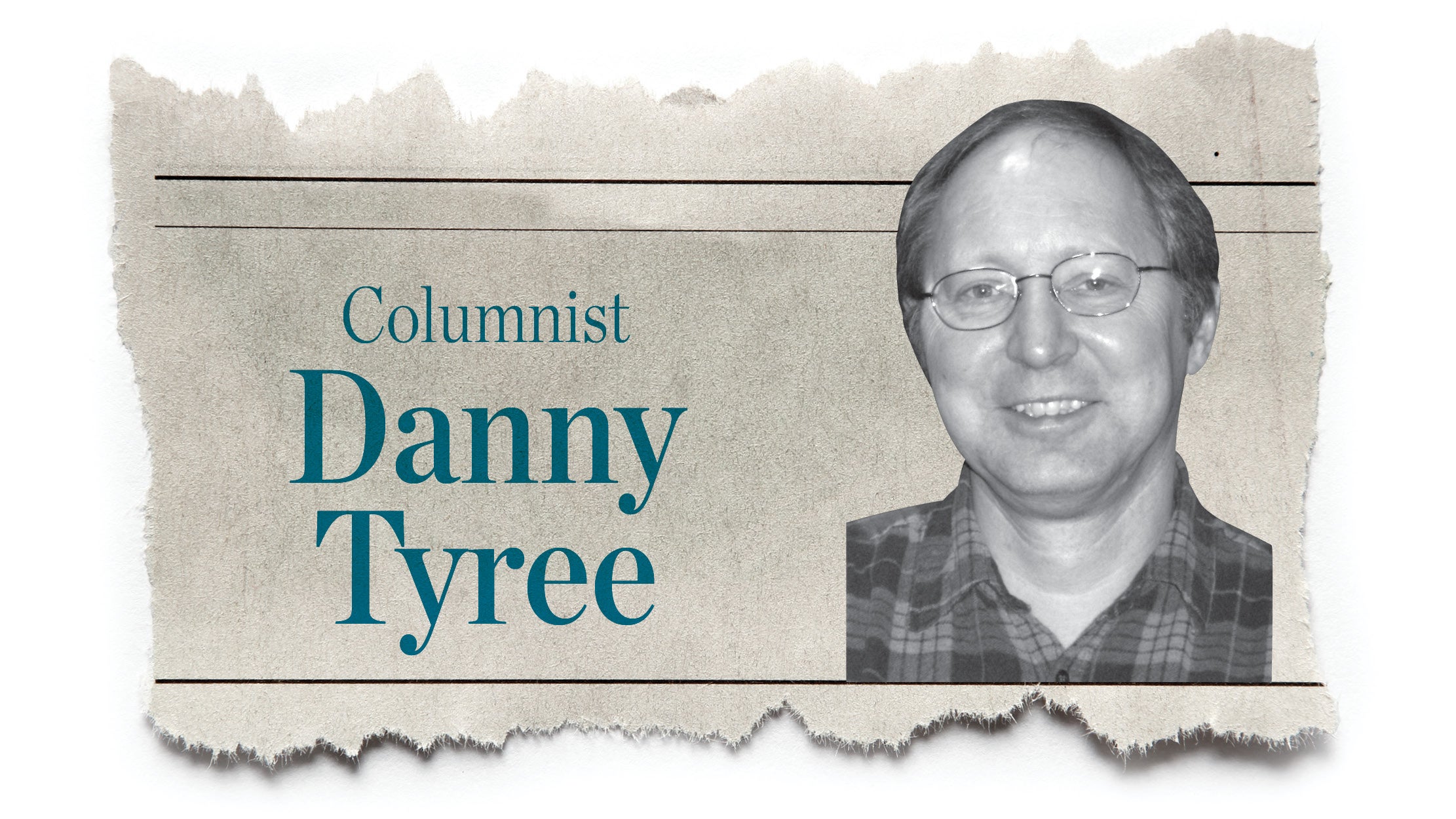Politics in review 2013
Published 10:05 am Friday, December 27, 2013
It is often said that politics in not a zero sum game, meaning that there must be only winner and losers. Yes, we should be troubled with the analogy of managing national affairs for the betterment of Americans with a “game” but in 2013 it certainly seemed an apt comparison.
Certainly any headline of 2013 politics will have a leading line about the incredibly poor opening of the Affordable Care website. For a product at the core of this namesake for the Obama presidency it was an act of pure malfeasance. And that was followed by more than 4 million Americans discovering that, unlike the President’s oft cited promise “if you like your insurance you can keep it,” they could not keep their insurance.
As a footnote the website did become functional as promised on Dec. 1, but the damage was already done and the repair ignored by the political crowd.
Pope Francis became an American political headline when, while speaking from Biblical citations, he stepped into criticizing the current forms of capitalism. That brought the Pope into sharp criticism by the de-facto leader of the Republican Party, Rush Limbaugh. Limbaugh promptly determined the pope to be a Marxist for advocating feeding the poor.
Spying on Americans by our own NSA came to light when Edward Snowden released volumes of classified documents outlining far more massive collections of data on all of us than ever revealed. Snowden is now either a traitor or a patriot, depending upon your view of the importance of national security against the protection of individual freedoms. Republicans and Democrats split evenly on this issue, but the president’s defense of the agency has seemed strained and reluctant. Look for a curbing of the NSA’s activities in 2014.
In September a freshman Tea Party Senator, Ted Cruz, successfully shut down the government for 16 days insisting on de-funding Obamacare. Americans were not impressed and both the Republican Party, who willingly followed Senator Cruz off the logic cliff, and the Tea Party found themselves less popular than a really bad skin rash.
The Tea Party, once considered as advocates for tax and spending conservatism, managed to change their perception in the general public to folks who are simply against governing in any and all forms.
One of the significant news items of 2013 was what appears to be the developing war within the Republican Party of the Tea Party members and the traditional Republicans. What impact this dysfunctional relationship will have in the 2014 elections remains to be seen, but look for mainstream Republicans to pay a great deal more attention to state and local primary elections.
In 2013 the House of Representatives managed to accomplish less than any House session since the 1950s. In spite of needing a budget passed (did not happen until (R) Ryan and (D) Murray wrote it), immigration reform needed, tax reforms needed, gun control legislation that went nowhere and zero jobs bills, the House mostly passed killing Obamacare 40 times for the Senate to ignore.
In the Senate Democrats finally stopped the Republican filibuster machine when Republicans filibustered three openings on the DC Appeals Court solely because Republicans did not want more Democrats on the court. That brought about a rule change allowing 51 votes to fill court appointments other than the Supreme Court.
In both Syria and Iran there are indications that the concept of diplomacy has potential, and that the Obama Doctrine of the use of force as the last resort is paying early dividends.
Will 2014 demonstrate that government can work for the benefit of the people, or will it be another year to prove that politics is not a zero sum game?
Jim Crawford is a retired educator and political enthusiast living here in the Tri-State.




